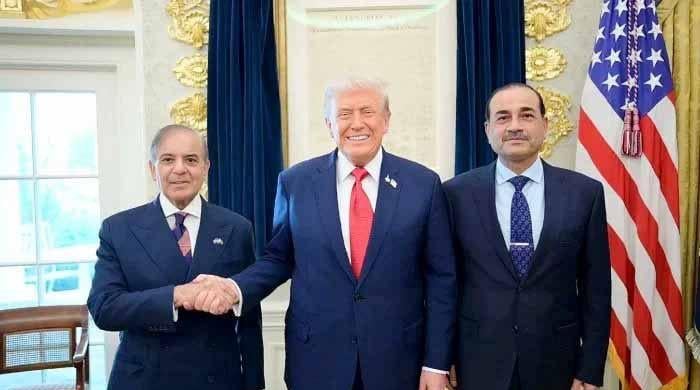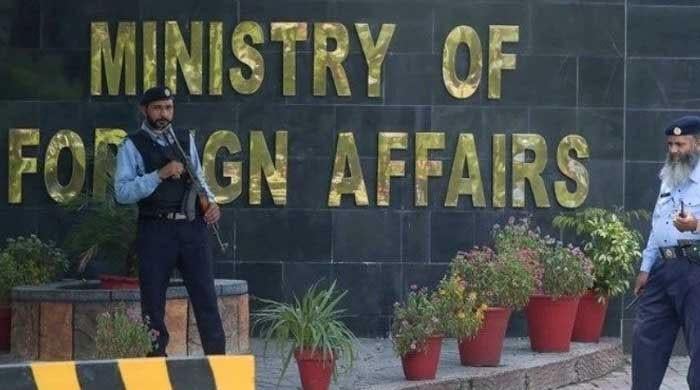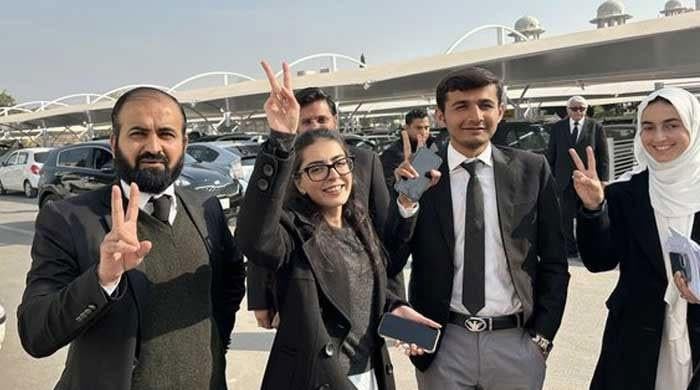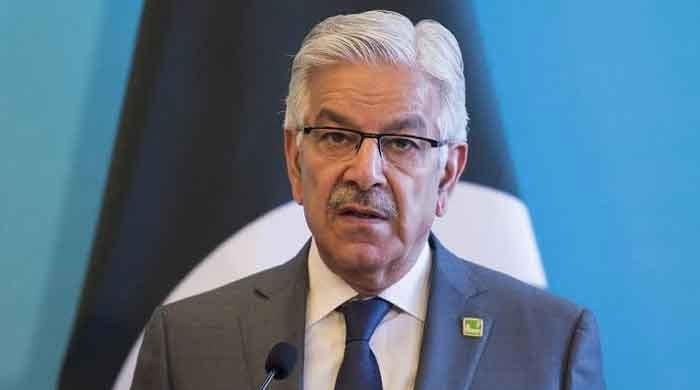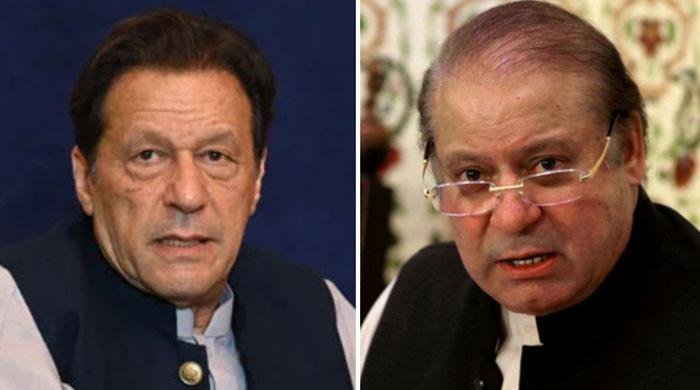How can the ECP enforce the Supreme Court order?
The ECP is constitutionally and legally bound to follow the opinion of the Supreme Court
March 02, 2021
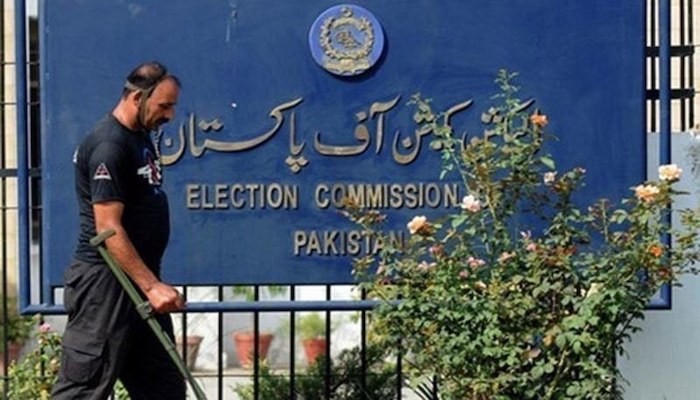
On Monday morning, the Supreme Court of Pakistan, while deciding presidential reference no.1 of 2021, rendered its opinion on the use of secret ballots to hold Senate polls in Pakistan.
In its judgment, the court opined that elections of the upper house fall under the Constitution, as defined by Article 226, and are thus to be conducted through a secret ballot. However, it added that secrecy of the ballot paper was not “absolute”.
The court further ordered that the Election Commission of Pakistan (ECP) should take all available measures, including utilising technologies, to fulfil the solemn constitutional duty to ensure that elections are “conducted honestly, justly, fairly and in accordance with law and that corrupt practices are guarded against.”
Read more: Senate polls to be held through secret ballot, but secrecy not absolute, says Supreme Court
Today, although the commission has decided to hold the elections as per past practice this year due to time constraints, it has constituted a three-member committee to devise a method for the use of technology in the next Senate elections.
However, the opinion of the apex court has given rise to a few questions:
- Should tomorrow’s Senate elections have been held through a secret ballot?
- Has the court directed the commission? If yes, could the same have been done?
- Is the advisory opinion of the court binding?
- What is the concept of ballot secrecy?
- What can the commission do to achieve the spirit of the order?
The court held in the first Hisba reference that its advisory opinion is binding. Therefore, in my view, the ECP is constitutionally and legally bound to follow the opinion of the Supreme Court. This means that the order should have been implemented for Wednesday’s Senate polls.
In fact, ignoring or violating the Supreme Court order could amount to contempt of court and misconduct later.
Read more: Govt ready to offer ECP 'technological support' for Senate elections after SC verdict
In order to put into effect the advisory, the commission could have used technology, such as putting a barcode or a serial number on the ballot papers, as secrecy has been held not to be absolute and eternal.
In other words, the polls may be by secret ballot, but secrecy may end there.
The commission could also have achieved the spirit of the judgment by printing identifiable or traceable ballot papers under Section 122(5) of the Election Act, 2017, which empowers the commission to print ballot papers as it may prescribe. For this, the commission does not need to wait for a change in law or an amendment.
Read more: ECP announces Senate polls for March 3 amid voting controversy
Now, if post-Senate polls material evidence emerges that suggests corrupt practices led to vote buying in the election, any citizen of the country or party leader will have the right to lodge a complaint against a member of the provincial or national assembly. And if the charges stick, then the ECP is bound to investigate and trace the ballot paper to see whether any corrupt practices did indeed occur.
If the ECP does not probe the matter, then the complainant has the option to go to court or a tribunal for a thorough investigation.
The advisory opinion of the court should be sincerely considered, as it is a great step towards achieving transparency in the Senate election now and those to be held in the future.
Muhammad Ahmad Pansota is an advocate of the High Court in Lahore. He tweets @pansota1




